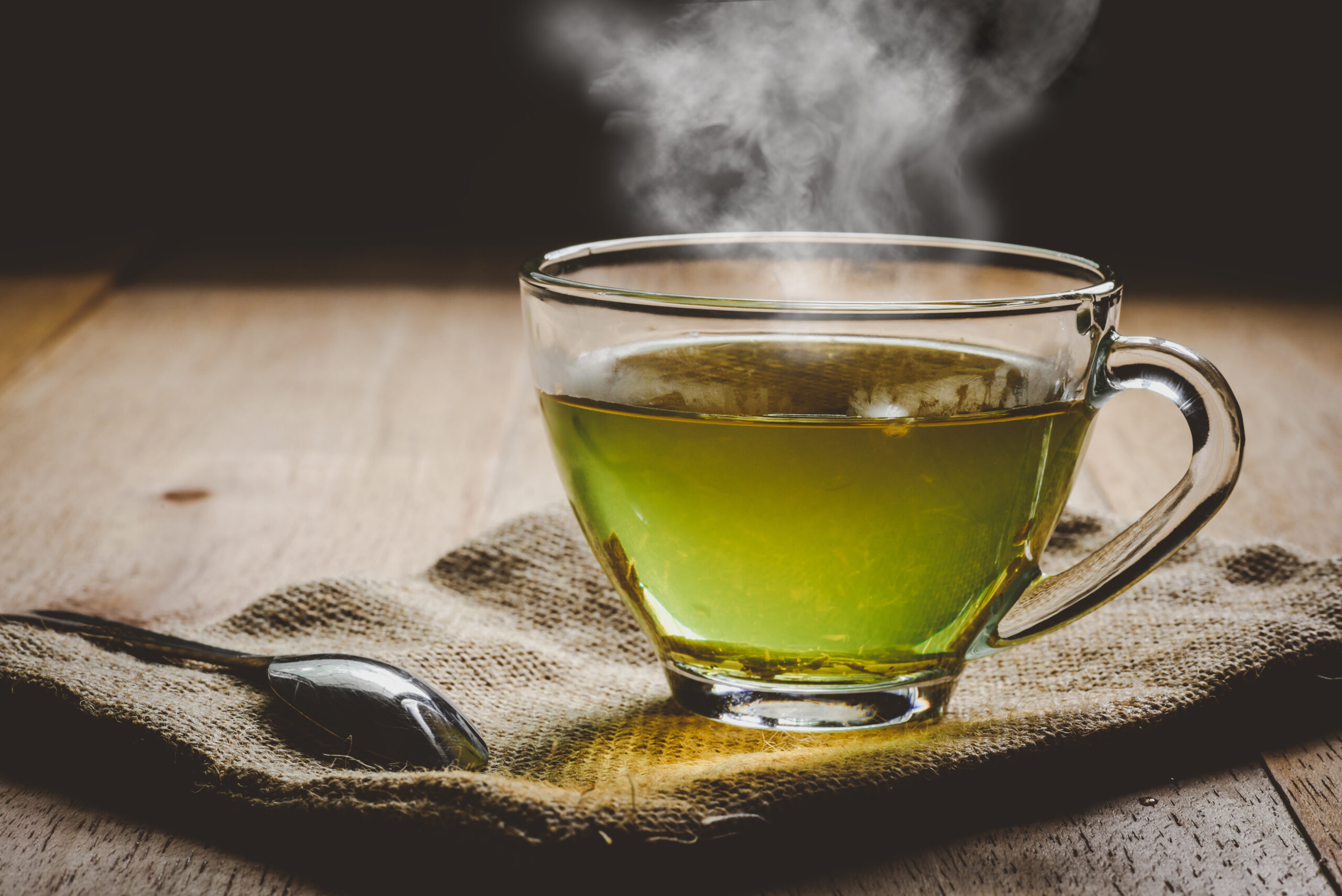Did you know that you could lead a healthier lifestyle just by regularly drinking a cup of tea? This isn’t a recent discovery, however; the beneficial properties of tea have been documented all the way back to 1766 BCE in China, where it was used with other herbs to cure illnesses. More recently, scientists have been working to validate these claims by identifying how the components of tea can directly combat specific diseases. So far, these studies have found that of all teas, green tea contains the most antioxidants, and, in humans, its extract can lower cholesterol levels, inhibit the formation of cancer, and even prevent heart disease!
Green tea has also been shown to prevent the development of hypertension, or high blood pressure. Forty-seven percent of Americans have hypertension, and only a quarter of them have their blood pressure under control — either through medications or changes in lifestyle. In addition, hypertension was linked to 516,955 deaths in the United States in 2019. Finding a way to prevent high blood pressure, especially with a simple solution like incorporating green tea into your diet, could save many lives.
Image Source: DIGIcal
To better understand the concept of high blood pressure, imagine the blood system in your body as a system of pipes. The water flowing through the pipe pushes lightly on the sides of the hose as it flows. If there’s something blocking the flow of water, however, water can build up and push harder against the walls of the pipe, which increases water pressure. If the water pressure is too high, the pipe can burst and allow the built-up water to escape. Similarly, if a person’s blood pressure is too high, their blood can push strongly on the sides of the blood vessels, damaging them. Damaged blood vessels increase the risk of developing a variety of disorders, including heart disease and strokes, both of which are in the top ten leading causes of death in the US.
While scientists have observed a correlation between drinking green tea and reducing blood pressure, the mechanism by how this works was unknown. This made it hard to conclude if green tea itself was reducing blood pressure, or if there were any other confounding factors. A recent study, however, determined that the components of green tea directly allow for the blood vessels to dilate, or relax and widen. This gives the blood more room to spread, which reduces the force of the blood pushing on the vessel, resulting in less damage to the blood vessel.
In addition, this study found that black tea also shared these anti-hypertensive benefits, and the tea didn’t have to be a certain temperature for blood vessel dilation to occur. So, whether you like your tea black or green, iced or hot, you can still reap the anti-hypertensive benefits. If you want an easy way to lead a healthier lifestyle, ditch your morning coffee and replace it with a cup of tea!
Featured Image Source: Thitiwat.Day










